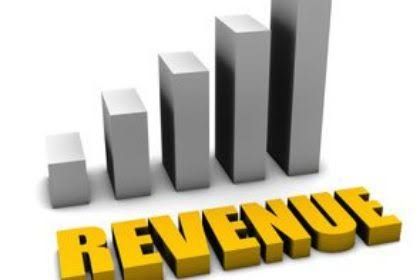
Dr. Ayo Abina, the chairman of AACS, an international consulting and investment company, stated that Nigeria can generate at least $134.3 billion in revenue and does not need to borrow to fund its 2023 budget. Abina made this assertion in the AACS Fortnightly, a publication of his company. According to Abina, in addition to the $45.6 billion earned from oil receipts and $22 billion collected by the Federal Inland Revenue Service (FIRS), Nigeria can earn an additional $53 billion by raising the tax-to-GDP collection ratio to 15% without raising taxes, save $9.7 billion by removing fuel subsidies, and save $4 billion by tackling oil theft.
Abina explained that the Nigerian GDP is estimated at $500 billion and driving that economy size should generate between 20% to 25% revenue, which assumes a minimum of about $100 billion to $125 billion in the economy as revenue yearly. In contrast, the projected 2022 budget was N17.1 trillion ($36.7 billion), with N10.7 trillion ($23 billion) as revenue, and N6.4 trillion ($13.7 billion) projected to be financed through borrowing. Abina identified revenue, fuel subsidy, realignment of exchange rate, oil theft, infrastructure, and security as the six issues the incoming administration must focus on.
Abina mentioned that there could still be a capacity for another $53 billion if the tax process is reviewed, with a deeper dive into waivers and concessions. He also pointed out that Nigeria’s tax-to-GDP ratio of 5.5% in 2020 was lower than over 31 African countries, including Uganda (11%), Ghana (13.4%), and South Africa (25.2%). Abina stated that adding the possible generated revenues from these sources would give a total of $134.3 billion, which would fund the entire 2023 budget of N21.8 trillion ($46 billion) without borrowing.
Abina added that paying attention to revenue generation and tackling these issues would help the country to overcome its economic challenges.







